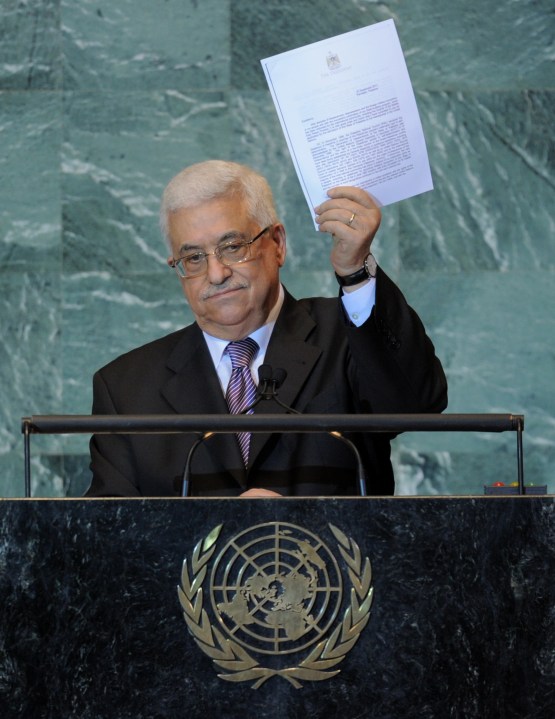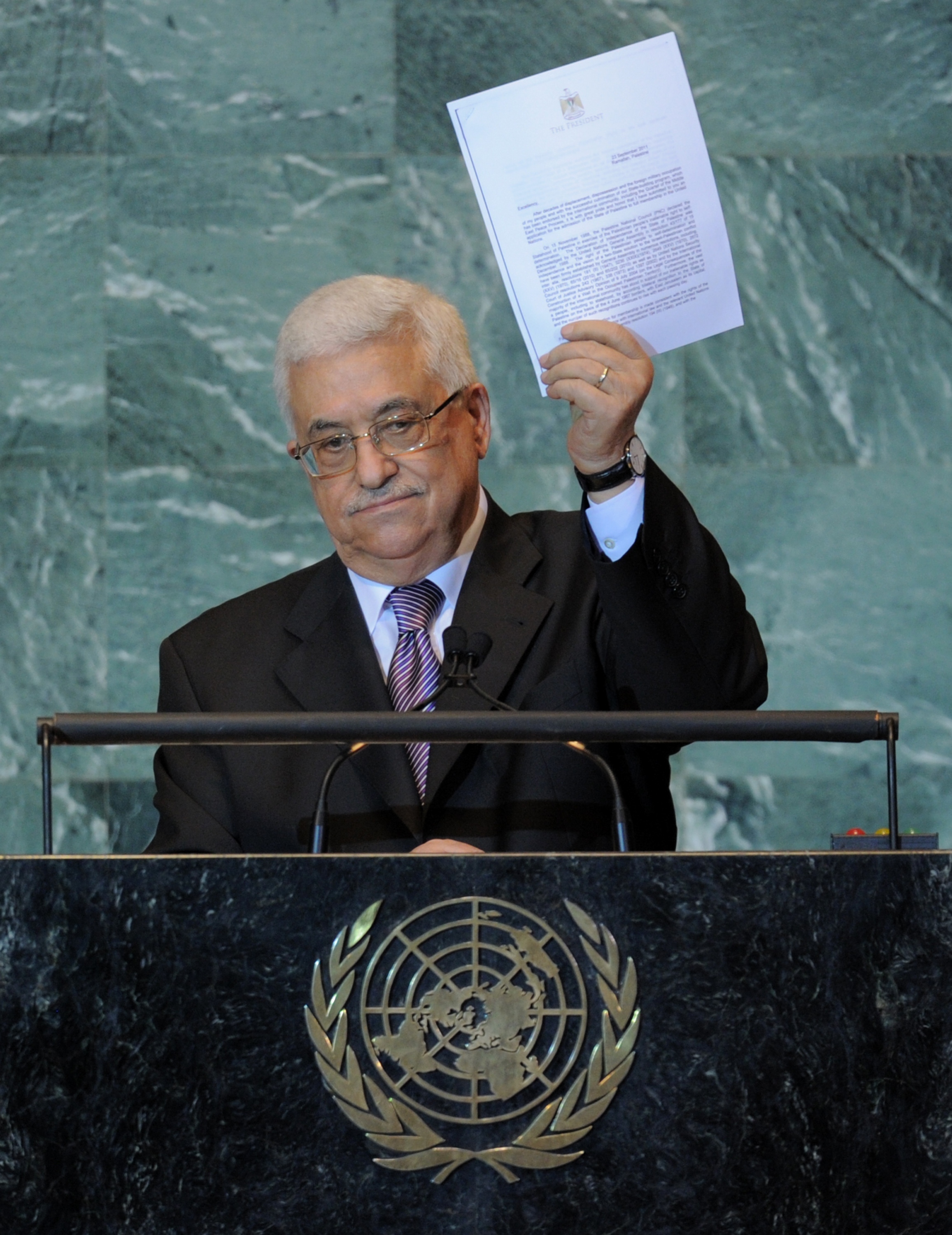 While the Palestinian bid for membership at the United Nations moved closer to
rejection, it turned out that Palestine has a veto over which UN agencies the United States funds. For after Palestine gained admission to UNESCO, the US administration followed through on its
threats and cut the organisation’s funding. As UNESCO is based on assessed contributions from member-states, others cannot make up the short-fall.
While the Palestinian bid for membership at the United Nations moved closer to
rejection, it turned out that Palestine has a veto over which UN agencies the United States funds. For after Palestine gained admission to UNESCO, the US administration followed through on its
threats and cut the organisation’s funding. As UNESCO is based on assessed contributions from member-states, others cannot make up the short-fall.
The Palestinian Authority is now considering making applications to the WHO, WIPO and the International Telecommunications Union – technocratic bodies that actually play a large in role. For example, the WHO is crucial for dealing with global pandemics like SARS and Swine Flue. So while the Palestinians look unable to garner the votes needed to approve a UN membership resolution in the Security Council, the fight has moved elsewhere in the UN system.
It is easy to see why the PA is pursuing this strategy. The Shalit prisoner exchange damaged Mahmoud Abbas’ Fatah and strengthened the rivalling Hamas. By reviving his UN strategy the PA president aims to regain popular support.
But it is harder to understand the British position. While France has been actively for and the US vehemently against Palestine’s UN bid, the UK seems to hidden from the issue, keeping a collective head down. It abstained on the UNESCO vote and has not said which way it would vote in the UN Security Council. Officials are now said to be worried that the UK’s dithering could damage efforts to assist the pro-democracy forces in the Middle East and dent the UK’s post-Libya reputation. Ministers, on the other hand, put greater emphasis on the relationship with Israel. When George Osborne visited Israel last week, there was a concern in some corners of Whitehall that the Chancellor would devote insufficient time to the Palestinians.
Given how much assistance the Deopartment for International Development gives to the Palestinian Authority, it seems on this issue the UK remains a payer but is no longer a player. A strange position to hold, especially on the anniversary of the Balfour Declaration.







Comments